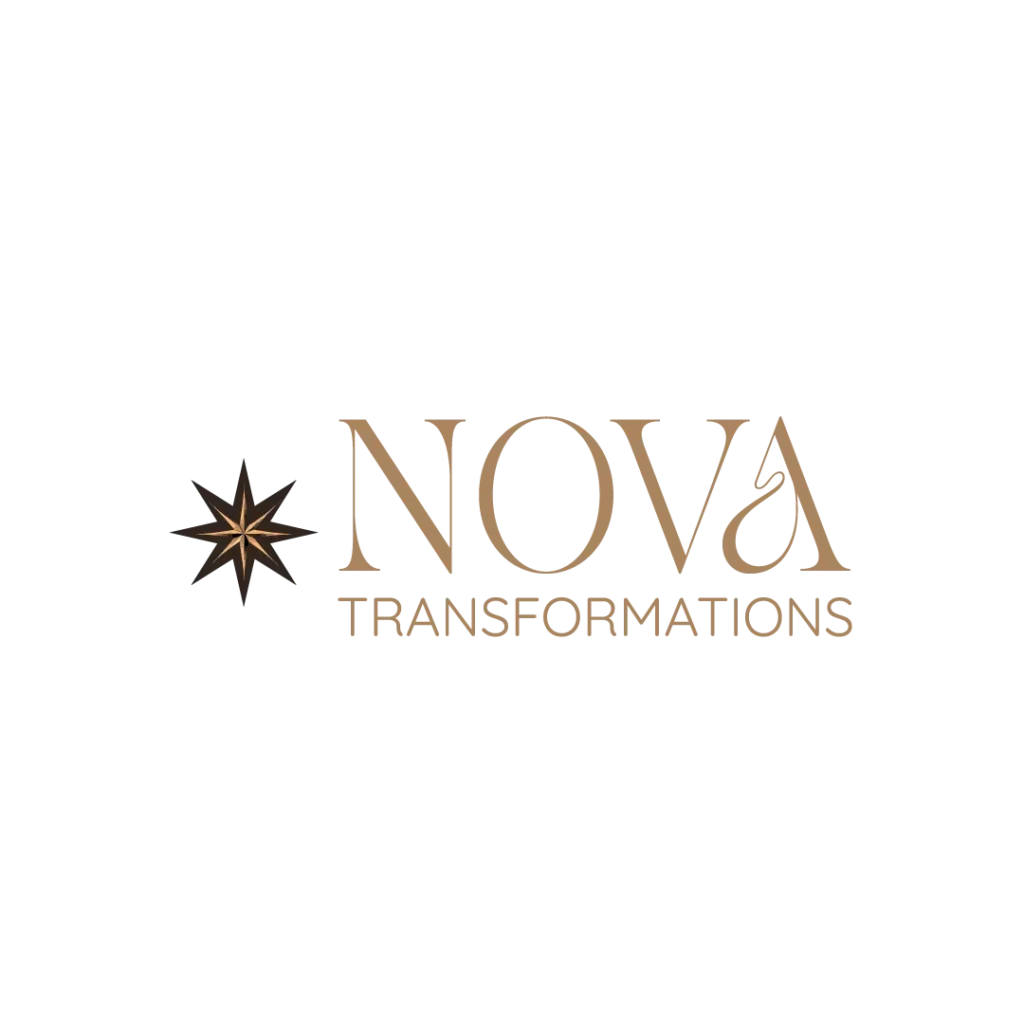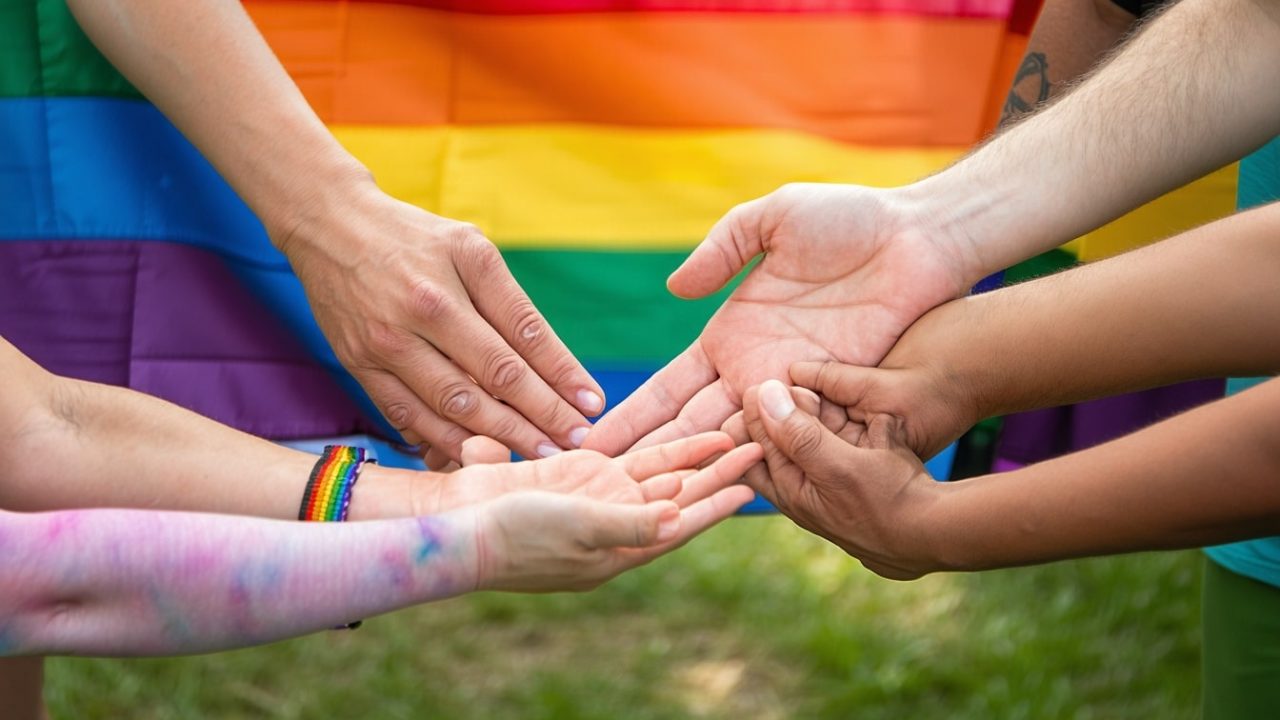Understanding LGBTQ+ Addiction Challenges
LGBTQ+ Substance Use Statistics
Understanding the statistics surrounding substance use in the LGBTQ+ community is crucial. Research indicates that LGBTQ+ individuals face a higher risk of substance use challenges compared to their heterosexual peers. Approximately 30% of LGBTQ+ individuals struggle with substance abuse, while the rate is only about 9% among the general population. This disparity underscores the importance of targeted addiction treatment.
| Substance Use Disorder | LGBTQ+ Rates (%) | General Population Rates (%) |
|---|---|---|
| Substance Abuse | 30 | 9 |
| Excessive Alcohol Use | Higher prevalence | Lower prevalence |
| Illegal Drug Use | Higher prevalence | Lower prevalence |
LGBTQ+ individuals often encounter discrimination and stigma, with 61.3% of LGB adults reporting some form of discrimination in the past year. Such experiences can lead to increased substance use as a coping mechanism.
Dual Challenges: LGBTQ+ and Addiction
Many individuals in the LGBTQ+ community not only battle substance use problems but also face co-occurring mental health issues. Research shows that LGBTQ+ women are two to three times more likely to encounter these dual challenges, and LGBTQ+ men are more than twice as likely. This double burden complicates the recovery journey, making it necessary to address both substance use and mental health concerns in treatment.
The need for comprehensive programs tailored for LGBTQ+ individuals is evident in the high rates of co-occurring disorders. It is essential for treatment providers to integrate both substance use treatment and mental health support to foster resilience and recovery. Nova Transformations is committed to offering specialized care and programs that focus on these unique challenges faced by LGBTQ+ individuals.
You or a loved one can access effective support by exploring options such as dual diagnosis mental health and addiction programs, ensuring a holistic approach to recovery.
Barriers to Treatment for LGBTQ+
Understanding the barriers that LGBTQ+ individuals face in accessing addiction treatment is crucial for creating effective recovery pathways. These barriers often include financial considerations, stigma, and a lack of acceptance in treatment settings.
Financial Considerations
While many treatment centers offer sliding-scale payment plans, grants, or other forms of financial assistance, concerns about the affordability of addiction treatment can still be a significant barrier for LGBTQ+ individuals. Many insurance plans do not fully cover addiction services, leading to complications when seeking help. Additionally, depending on personal circumstances, some individuals may feel overwhelmed by the costs associated with treatment options.
| Financial Consideration | Impact |
|---|---|
| Sliding-scale Payment Plans | Offers reduced pricing based on income but may still be unaffordable for some |
| Insurance Coverage | Varies widely, leading to out-of-pocket expenses for many |
| Grants and Assistance | Available but often limited and competitive |
Stigma and Discrimination
Stigma surrounding addiction is prevalent worldwide, and LGBTQ+ individuals often face compounded stigma due to societal prejudices against their sexual orientation. This discrimination can deter individuals from seeking help, leading to untreated substance use disorders. The fear of encountering prejudice or hostility in treatment settings can result in feelings of isolation and reluctance to engage in help-seeking behavior.
Discrimination, whether explicit or subtle, can manifest in various ways, including:
- Denial of treatment based on sexual identity
- Encountering a workforce lacking in cultural competence
- Experiences of harassment during treatment
| Type of Stigma | Effect on Treatment Seeking |
|---|---|
| Fear of Prejudice | Leads to reluctance in seeking help |
| Encountering Discriminatory Treatment | Results in a lack of trust in healthcare providers |
| Lack of Culturally Competent Care | May exacerbate anxiety and reluctance |
Lack of Acceptance in Treatment
Many LGBTQ+ individuals seeking addiction treatment encounter facilities that do not understand or address their unique challenges, which creates a substantial barrier. The shortage of LGBTQ+-inclusive facilities and culturally competent care providers can significantly hinder one’s recovery journey (Massachusetts Center for Addiction). When treatment environments fail to provide acceptance and understanding, individuals may feel marginalized, which can lead to poor engagement in the recovery process.
The importance of finding a treatment center that respects and understands LGBTQ+ identities cannot be overstated. Choosing programs that actively include LGBTQ+ perspectives is vital for effective recovery.
| Factor | Implication for Treatment |
|---|---|
| Lack of LGBTQ+-Inclusive Facilities | Leads to feelings of isolation and potential dropouts from treatment |
| Shortage of Competent Providers | Limits the effectiveness of care tailored to LGBTQ+ needs |
| Insufficient Focus on Unique Challenges | Fails to address underlying issues contributing to substance use |
Addressing these barriers is essential for improving the likelihood of successful recovery in LGBTQ+ individuals. Understanding the challenges is a step toward seeking the appropriate addiction treatment that suits your needs. If you or your loved one is considering support, explore options like alcohol addiction treatment, opioid addiction programs, and dual diagnosis mental health and addiction at Nova Transformations.
Tailored Addiction Treatment for LGBTQ+
Understanding your unique needs is crucial when considering addiction treatment. Tailored programs designed specifically for the LGBTQ+ community can greatly enhance recovery outcomes. Below are key components of effective LGBTQ+ addiction treatment.
LGBTQ+-Inclusive Programs
Treatment programs that explicitly address the experiences and challenges faced by LGBTQ+ individuals are essential. These programs incorporate themes such as empowerment, family dynamics, and social isolation into their curriculum. Research indicates that addiction treatment programs specifically designed for LGBTQ+ individuals can achieve more positive recovery outcomes.
| Program Feature | Description |
|---|---|
| Empowerment Therapy | Encourages self-acceptance and resilience |
| Family Support Sessions | Addresses familial issues and dynamics |
| Social Support Therapy | Fosters connections with peers in recovery |
These inclusive programs help participants feel seen and accepted, vital elements in creating a conducive environment for healing.
Addressing Co-occurring Conditions
Many individuals in the LGBTQ+ community experience co-occurring conditions, such as anxiety, depression, or PTSD, alongside substance use disorders. Research shows that sexual minorities with substance use disorder are more likely to have these psychiatric issues, making integrated treatment crucial (Recovery Answers).
Programs at Nova Transformations incorporate therapies that address both addiction and mental health conditions, ensuring comprehensive care.
| Co-occurring Condition | Common Features |
|---|---|
| Depression | Symptoms may include hopelessness and self-harm |
| Anxiety | Can manifest as panic attacks and social withdrawal |
| PTSD | Often linked to trauma or violence experienced by LGBTQ+ individuals |
Addressing both substance use and mental health in a holistic manner enhances the likelihood of sustained recovery.
Substance Use in LGBTQ+ Community
Substance abuse is notably prevalent in the LGBTQ+ community, emphasizing the need for specialized recovery programs that consider specific social and emotional contexts. Tailored addiction treatment ensures that the unique experiences of LGBTQ+ individuals are acknowledged, providing them with the tools they need to recover effectively.
Programs at Nova Transformations emphasize the importance of social support and community, making recovery a more relatable and supportive experience.
In summary, choosing a treatment program that understands and addresses the specific needs of the LGBTQ+ community can lead to better recovery outcomes. By focusing on inclusivity, addressing co-occurring conditions, and understanding substance use patterns, Nova Transformations offers comprehensive care that prioritizes your healing journey. For more information on specific programs, explore our range of services, including alcohol addiction treatment and dual diagnosis mental health and addiction.
Effective Recovery Strategies
Choosing the right recovery strategies is essential in addressing addiction, especially for LGBTQ individuals. Tailored programs can significantly improve outcomes, ensuring that treatment is both effective and supportive.
Special-Focus Drug Addiction Programming
Specialized drug addiction programming aimed at LGBTQ individuals has demonstrated better recovery outcomes compared to generalized programs. Institutions like Hazelden Betty Ford offer targeted treatments that focus on the unique needs of the LGBTQ community. Their programs provide safe, affirming, and compassionate care delivered by dual-licensed clinicians, ensuring sensitivity and understanding throughout the recovery journey.
Support Groups and Therapy
Support groups and therapeutic interventions tailored for the LGBTQ community contribute to effective recovery. By fostering a sense of empowerment and community, these support systems help individuals build resilience against addiction. Incorporating techniques such as motivational interviewing and cognitive-behavioral therapy ensures that you receive the necessary tools to overcome obstacles. Research indicates that programs that focus on social support are particularly beneficial (Recovery Answers).
| Support Type | Benefits |
|---|---|
| Support Groups | Provides community and shared experiences |
| Cognitive Behavioral Therapy | Teaches coping strategies and reframes negative thoughts |
| Motivational Interviewing | Enhances commitment to change |
Gender-Responsive Care
Effective recovery for LGBTQ individuals also requires gender-responsive care. This approach recognizes the different needs and experiences of genders within the LGBTQ spectrum, allowing treatment to be more tailored and affirming. Creating a supportive environment where individuals feel validated is key to recovery. LGBTQ-affirmative therapists and healthcare providers foster this environment, encouraging clients to explore their identities and experiences, which can ultimately enhance recovery outcomes.
At Nova Transformations, the commitment to LGBTQ addiction treatment is reflected in the comprehensive nature of our programs. With specialized care that prioritizes your needs, recovery becomes a collaborative and empowering process, helping you rebuild your life. For additional support options, explore our programs such as opioid addiction program and cocaine addiction treatment, designed specifically for diverse needs.
Overcoming Unique LGBTQ+ Recovery Hurdles
Navigating the path to recovery can be particularly complex for individuals within the LGBTQ+ community. Understanding the unique hurdles faced in this journey is essential for achieving success.
Internalized Stigma and Trauma
Internalized stigma is a significant issue among LGBTQ+ individuals, as they may absorb society’s negative perceptions and apply them to themselves. This internalization often results in feelings of low self-worth, anxiety, and depression. These mental health challenges frequently lead individuals to substance use as a coping mechanism. According to research, 21.8% of LGBTQIA+ adults experience alcohol use disorder, which is markedly higher than the 11.0% of the general population. Additionally, nearly 47% of LGBTQIA+ individuals used illicit drugs in the past year, highlighting the impact of internalized stigma on substance use (Virtue Recovery Las Vegas).
Creating Safe Environments
Creating a safe and accepting environment is crucial for LGBTQ+ individuals seeking treatment. Traditional programs might not adequately address the specific experiences of rejection, isolation, or discrimination faced by these individuals. An inclusive treatment environment encourages openness and trust, allowing clients to engage more fully in their recovery process. Specialized programs, such as those offered by Nova Transformations, prioritize the creation of safe spaces where clients feel understood and supported.
Building Support Networks
Building robust support networks is vital for recovery. Social isolation, a common issue within the LGBTQ+ community, can hinder the healing process. Establishing connections with peers who share similar experiences fosters a sense of belonging and understanding. Support groups and therapy can provide essential emotional support, helping individuals navigate their recovery journey. Programs focused on peer support rehab and family support therapy addiction can aid in strengthening these networks.
By understanding and addressing these unique hurdles, you can take important steps toward finding effective LGBTQ addiction treatment tailored to your needs. This personalized approach can lead to more successful recovery outcomes and a healthier, more fulfilling life.
Choosing Nova Transformations for LGBTQ+ Treatment
Selecting the right treatment facility is crucial for effective recovery from addiction. Nova Transformations offers unique and tailored options specifically designed to support LGBTQ+ individuals. Here are key reasons why you should consider their programs.
Specialized Care and Programs
Nova Transformations provides LGBTQ+ addiction treatment that understands and addresses the specific needs of the LGBTQ+ community. Research shows that specialized programs lead to better outcomes compared to non-specialized ones, as highlighted by the National Institute on Drug Abuse (Addiction Center).
The facility offers unique programming that includes inpatient and outpatient rehab options focusing on both addiction and the unique challenges faced by LGBTQ+ individuals. This encompasses safe, affirming, compassionate, and gender-responsive care, delivered by dual-licensed clinicians experienced in this area (Hazelden Betty Ford Foundation).
Supportive and Inclusive Environment
A supportive environment is essential for recovery. Nova Transformations emphasizes creating healing spaces that embrace diversity. This includes LGBTQ+-integrative programming that addresses co-occurring mental health and trauma issues. By fostering acceptance and validation, the facility helps individuals work through internalized issues such as homophobia and shame, which can hinder recovery.
The therapists and healthcare providers actively work to create a safe space where individuals can openly explore their identities, which is vital in aiding recovery and meeting the unique needs of LGBTQ+ individuals.
Promoting Lasting Recovery
Long-term recovery requires programs that are not only effective but also specifically tailored to the needs of individuals. Nova Transformations incorporates specialized programming which addresses the unique experiences and challenges faced by the LGBTQ+ community. Substance use issues are particularly prevalent within this demographic, highlighting a clear need for targeted recovery solutions (Massachusetts Center for Addiction).
Facilities like Nova Transformations recognize this necessity and provide comprehensive support that includes unique treatment options tailored for LGBTQ individuals. Specialized programs at locations like River Oaks Treatment Center and Greenhouse Treatment Center are examples of how addiction care can be adapted for better alignment with the experiences of LGBTQ+ individuals (American Addiction Centers).
Through focused care, supportive environments, and an emphasis on lasting recovery, Nova Transformations stands out as a leading choice for LGBTQ+ individuals seeking help in overcoming addiction. Explore their options to find the right support for you or a loved one. For a deeper understanding of specific programs, consult our articles on alcohol addiction treatment and cocaine addiction treatment.








